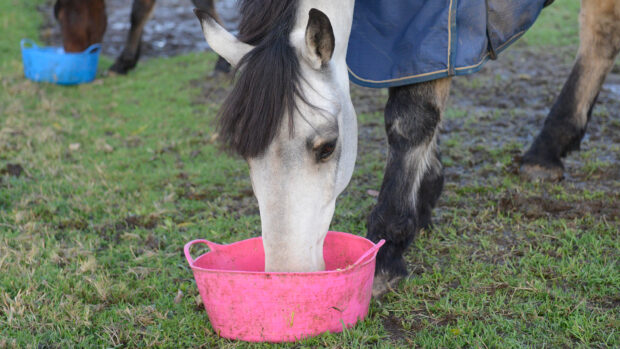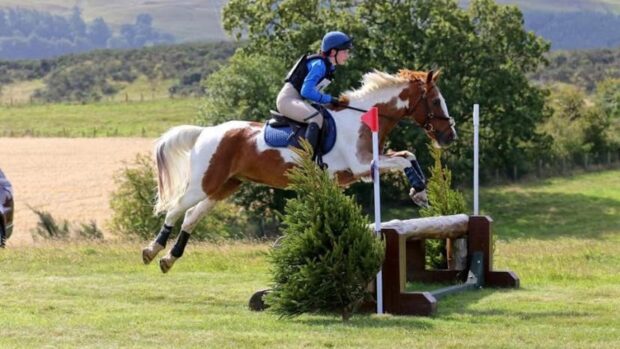When age, infirmity or injury mean that your horse can no longer work, it’s nice to think of him enjoying a peaceful retirement. Many do just that, but for others, being put out to grass means prolonging the ordeal that life has become.
“At the end of the day, a retired horse has got to have a quality of life,” said a spokesperson for World Horse Welfare.
“When you see some horses standing in the field looking miserable and never having a buck and a kick, you have to ask if retirement is the right thing for them.”
The World Horse Welfare often receives calls from horse owners hoping it will take and retire their horses, but often they are simply ducking the real issue.
“What they are really asking us to do is to take their horses and put them down because they don’t want to do it themselves.”
Retirement considerations
Before you decide to retire your horse, ask yourself the following questions:
Can I afford to give him the care he needs?
It can cost as much to look after a retired horse as one in work, as he still needs worming, foot care, adequate feed and shelter, and, when necessary, veterinary treatment and rugs.
Remember that while insurance cover is available for older horses, it may be limited. Some companies will only cover horses over a certain age for injuries, so you would not be able to claim for treatment relating to certain conditions, such as arthritis, that are common in older equines.
Can I give him the attention he deserves?
Not all horses will be able to be turned out all year round, so that during the winter, the care required can be as much as for a horse in work. Even those that can be kept out will still need visiting twice a day and will appreciate being groomed and handled.
Can I keep him in an environment where he will be happy and healthy?
Although a retired horse or pony can make a brilliant companion for a youngster, he can face problems turned out as part of a mixed bunch if he becomes the lowest in the pecking order.
If I can only afford to look after one horse, am I prepared to either give up riding or ride other people’s horses for the sake of keeping my horse in retirement?
Think long and hard about this one – it might sound selfish, but you have to look closely at what you want. For most of us, riding is a sanity saver that helps us cope with the pressures of work and family. Are you prepared to lose it for what could be a long time?
If you answered no to any of the above questions then it is more responsible to have your horse put down, than to pass him on to another person who may not have your horse’s welfare in mind.
Horse & Hound hears of numerous cases where horses have been given away as companions to very reliable-sounding people only for the horse to be sold on or slaughtered days later. Far better to make the difficult decision to have your horse put down and be secure in the knowledge that your horse is not suffering at the hands of another.



